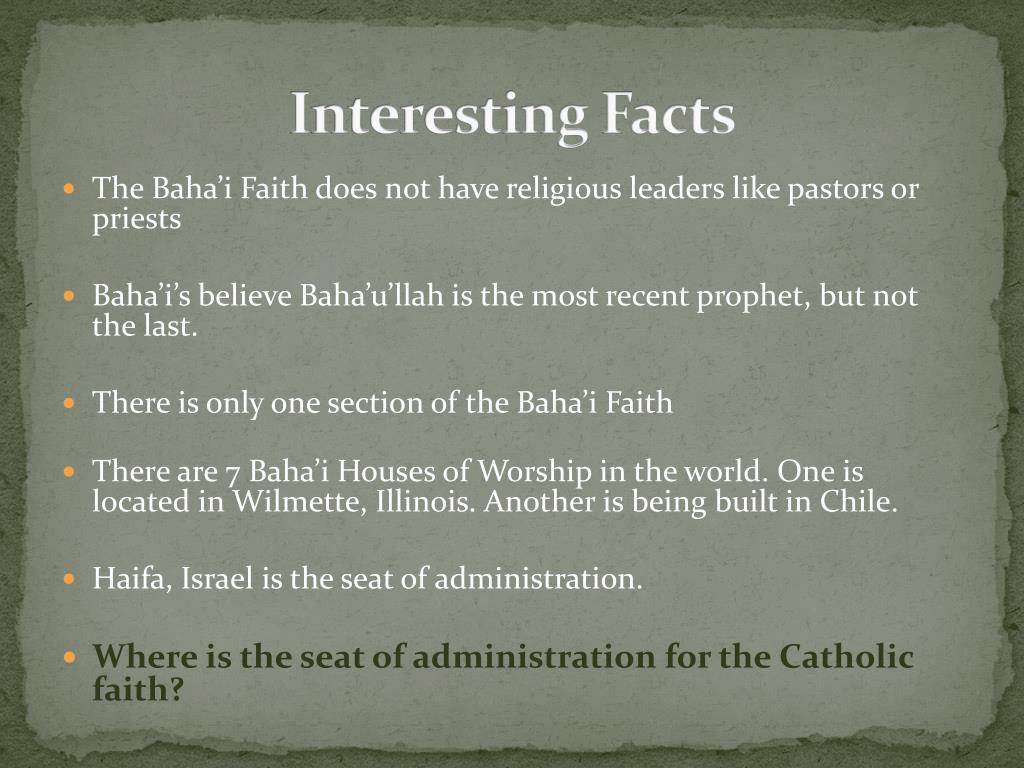In life’s intricate tapestry, we often find ourselves weaving through circumstances that propel us into the realm of existential introspection. My quest for meaning, a path riddled with questions and uncertainties, ultimately led me to the Bahá’í Faith—a revelation that illuminated the shadows of my search, offering profound clarity and purpose.
The journey began when I became acutely aware of the dissonance surrounding me. In a world dense with material pursuits and societal discord, I grappled with a pervasive sense of unfulfillment. Seeking answers, I traversed through various philosophies, religious doctrines, and spiritual teachings. Each exploration, akin to a meticulous dance across a vast landscape, provided tantalizing insights yet failed to quench the thirst for deeper understanding. This searching was not merely a cerebral exercise; it was a heartfelt endeavor to grasp the essence of existence itself.
Amidst this labyrinth of inquiry, I encountered the Bahá’í Faith, a beacon of hope resonating with harmony and unity. It struck me as a vibrant tapestry interwoven with principles of love, justice, and the oneness of humankind. This was not just another belief system; it was a revolutionary approach to life, positioning itself on the foundations of ethical accountability and spiritual elevation.
One of the most compelling metaphors that arose during my exploration was that of the “ocean of knowledge.” The Bahá’í teachings presented themselves as an immense body of water, with each droplet representing wisdom distilled through ages of human experience. Just as an ocean is both vast and yet interconnected, the Bahá’í perspective encapsulated the idea that while diverse traditions and beliefs exist, they ultimately stem from one divine source. This notion was transformational. It invited me to embrace commonalities among all humanity rather than focus solely on distinctions.
Philosophers, scientists, and prophets have all contributed pieces to the intricate puzzle of reality, but the Bahá’í Faith offers a cohesive synthesis that respects the multiplicity of viewpoints while emphasizing their interconnected essence. Unity is not just a lofty ideal; it is a practical imperative that beckons us to work collaboratively towards a common good. As I pondered these teachings, I envisioned humanity not as isolated islands, but as a single archipelago, thriving through interdependence.
Another layer of enlightenment emerged through the Bahá’í principle of individual and collective transformation. The teachings advocate that personal spiritual advancement must correlate with social progress. This duality resonates profoundly; it runs contrary to the notion that spiritual fulfillment exists in isolation from one’s community. For me, this realization flowed like a river, illustrating that one’s spiritual growth can be a catalyst for societal change. I began to see acts of kindness, social justice, and educational endeavors as vital extensions of one’s faith—living manifestations of a deeper truth.
Moreover, the transformative concept of service became a cornerstone of my journey. Engaging with my community became not just an obligation, but a source of deep joy and fulfillment. Stripped of the ego-centric desires for recognition, the Bahá’í path invites individuals to immerse themselves in the art of selfless giving. This shift in perspective allowed me to transcend the confines of self-centered living. Service illuminated my understanding of purpose, as I learned that in lifting others, one inevitably elevates oneself.
The Bahá’í Faith also places a significant emphasis on the role of education in cultivating a just society. Education is deemed not only a right but a spiritual mandate. As I reflected on this principle, it became clear that intellectual and spiritual enlightenment are inextricably linked. The teachings advocate for universal education, highlighting that an enlightened populace is essential for the advancement of civilization. This advocacy resonates with the fibers of my quest, as I realized that my personal thirst for knowledge paralleled the collective need for informed citizens dedicated to building a harmonious world.
As my exploration deepened, I was struck by the unique appeal of the Bahá’í calendar—a rhythmic structure that organizes time into cycles reflecting the journey of the soul. Each month is not merely a passage of days; it encapsulates an opportunity for reflection and spiritual renewal. This perspective transformed my approach to time, offering a metaphorical backdrop against which to frame my aspirations and commitments. The cyclical nature of this calendar mirrored my evolving comprehension of existence, propelling me forward in my quest for growth and enlightenment.
The Bahá’í teachings provide a compass for navigating contemporary challenges—war, inequality, and environmental degradation. The call for world unity resonates beyond mere rhetoric; it demands active engagement and the relentless pursuit of justice. The essence of personal responsibility is unwrapped in the Bahá’í ethos. Each individual is encouraged to rise as a torchbearer of change, instilling hope in communities, and nurturing a shared vision for a better world. This commitment undulated through my spirit like a gentle wave, urging action aligned with a greater purpose.
In conclusion, the Bahá’í Faith emerged as an answer to the myriad questions that had inspired my search for meaning. The teachings resonate profoundly with the innate yearning for connection, understanding, and purpose—elements central to the human experience. Much like a brilliant star guiding lost sailors across turbulent seas, the Bahá’í principles present a luminous pathway toward a future anchored in love and unity. As my journey continues, I remain ever grateful for the illumination that this faith has brought to my life, transforming challenges into opportunities for growth, and igniting in me a passion for service, education, and collective advancement.
